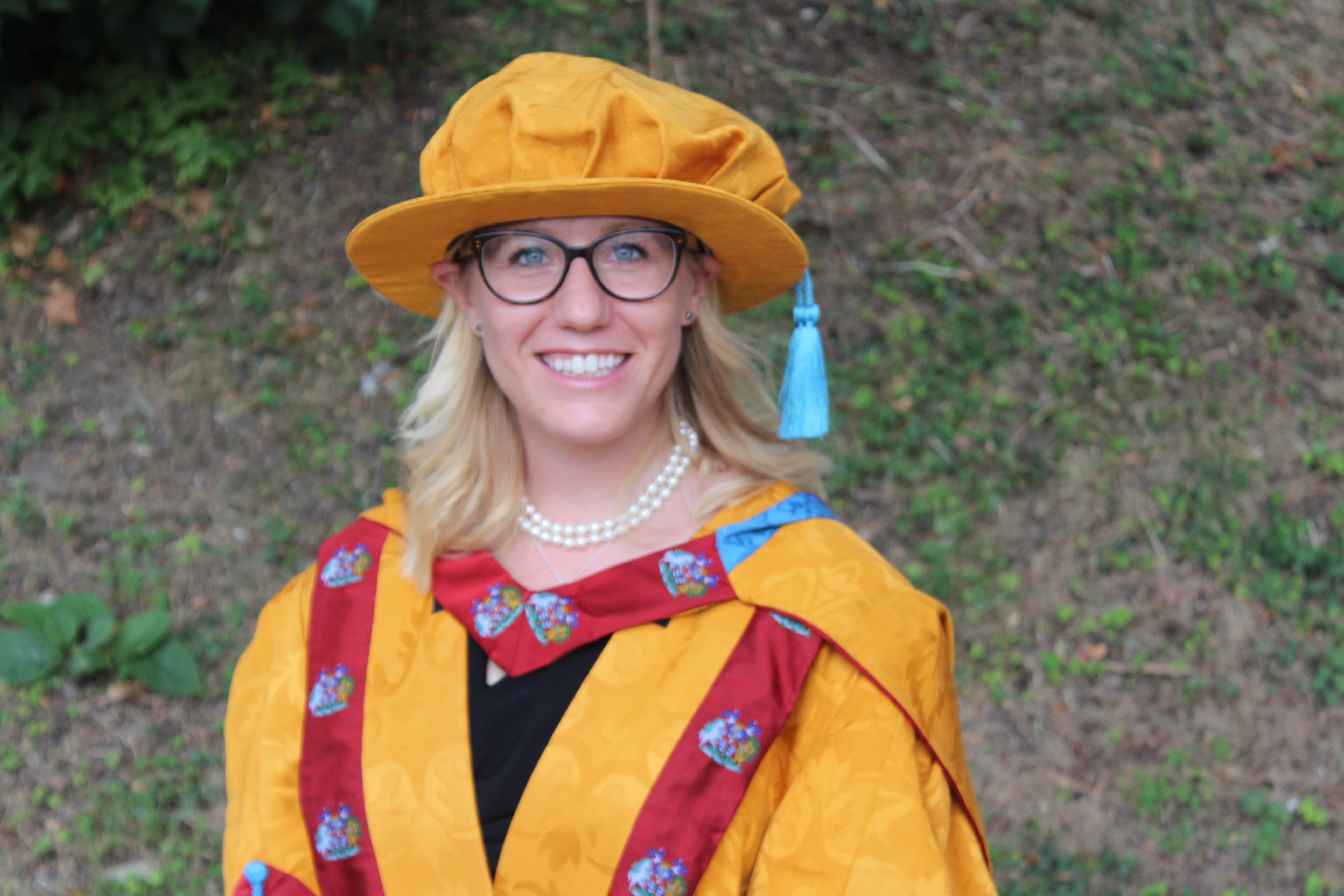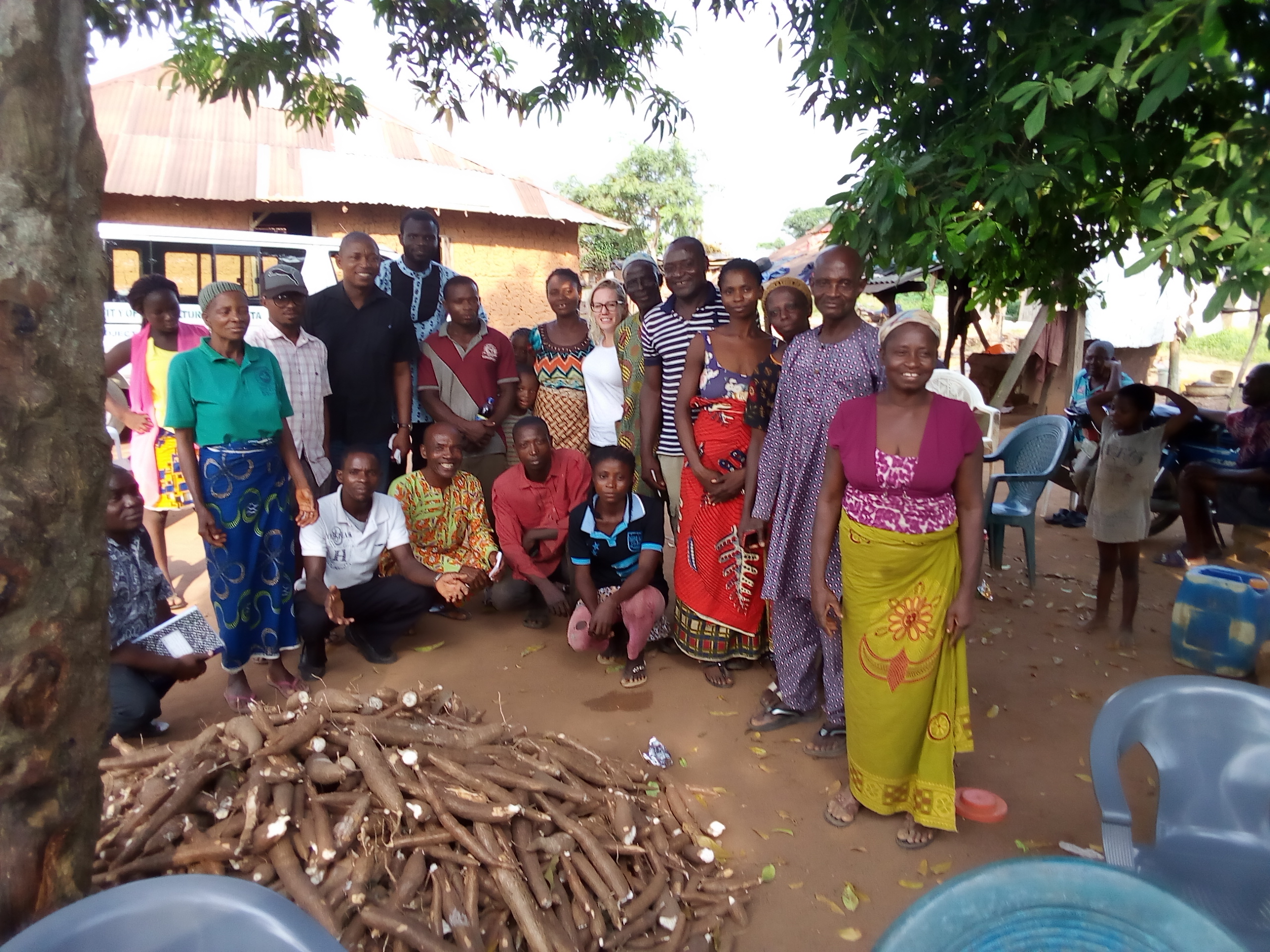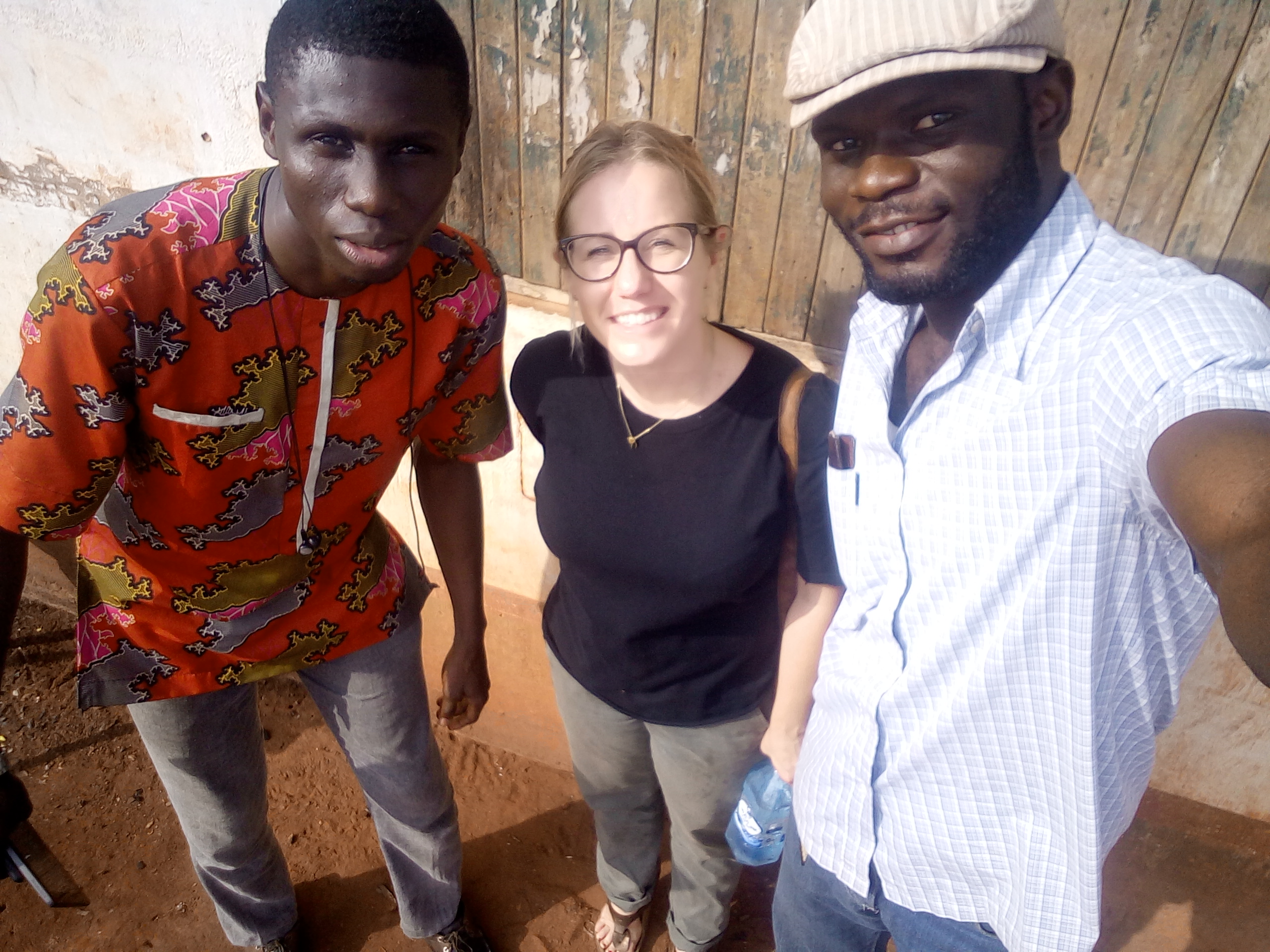Associate Professor Lora Forsythe
Associate Professor in Gender, Inequalities and Food Systems
Why or how did you get into science?
My parents really encouraged my brother, sister, and I to be curious about the world and to care about society. This foundation, and an inspiring teacher, encouraged me to go to university, when many of my peers were not doing so, to study in the social sciences to understand how societies work and how they relate to the environment.
Did anyone in particular influence you?
My parents, but particularly my mom. She had three children when she started attending university at night to obtain her degree in social work, with a husband who travelled for a living. Somehow, she also volunteered at a women’s shelter. After recently becoming a mother myself, I am now in even greater awe of her. So my mom has been a significant role model for me – showing me what is possible when you put all your effort in.
What is your particular field and how did you choose it, or did it choose you?
I work in gender and inequalities relating to agriculture and natural resources, mainly in the Global South. I started working in this area following an overseas placement to research the impact of women’s dairy and micro credit cooperatives on women’s lives in south India. Speaking with hundreds of women about their challenges and the change they created through organising, was a life changing experience for me and demonstrated how important grassroots movements are in contributing to positive change. It also raised my awareness and understanding of inequalities in my home country – Canada -and encouraged me to find ways to contribute positively.
What advice would you give to other young women reading this who are thinking of pursuing a career in science?
I would really encourage other women to study in the social or natural sciences – it is interesting and fulfilling work that provides opportunities for positive change. But I realise, and have myself experienced, that there can be financial barriers and feelings of not belong ing in higher education, which can seem such an alien world. While there are no easy answers, I have really benefited from speaking to other women and finding both formal and informal mentors who have helped me to look at issues in different ways and find creative solutions (Prof Adrienne Martin, Helena Posthumus, Caroline Troy). It hasn’t been easy, but I feel it has been worth it and a privilege to be working in this sector.
ing in higher education, which can seem such an alien world. While there are no easy answers, I have really benefited from speaking to other women and finding both formal and informal mentors who have helped me to look at issues in different ways and find creative solutions (Prof Adrienne Martin, Helena Posthumus, Caroline Troy). It hasn’t been easy, but I feel it has been worth it and a privilege to be working in this sector.
Is there anything you wish you had done differently in your career so far?
Like others in the field, I have often struggled with confidence and the much documented ‘imposter syndrome’. What I wish I could have realised when I was younger is that everyone’s experience – even my own - is relevant and brings a different view or approach to an issue. Different backgrounds and ideas are necessary to move our field on.
What does the significance of this, the International Day of Women and Girls in Science, day mean to you?
It is such an important day as it helps us to reflect on and raise awareness of the achievements women have made, but also the challenges that remain. For example, the number of women in STEM subjects is increasing. However, in higher education there are few women at professorial level, particularly who are non-white, in both STEM and non-STEM subjects. So, while we celebrate it is also important to reflect on what more can be done in promoting women in the sciences and in working in higher education.
Link to NRI profile: https://www.nri.org/people/forsythe-lora


